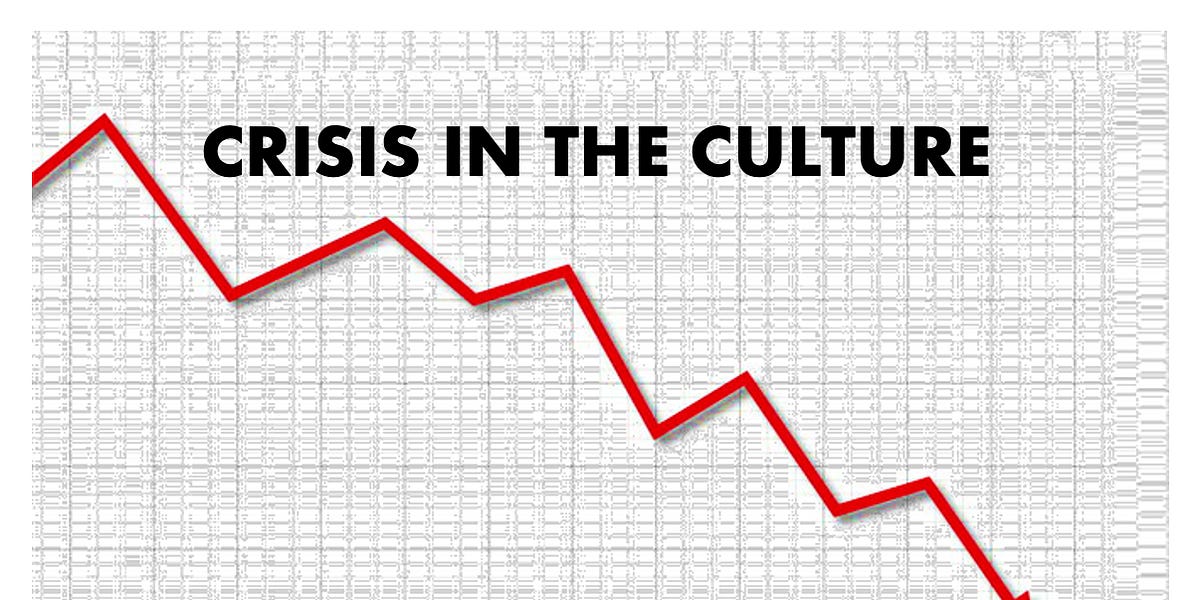Crisis in the Culture: An Update

🌈 Abstract
The article discusses various trends and issues in the music and media industries, including the dominance of old music in streaming, the rise of nostalgia festivals, the challenges faced by legacy media outlets, and the impact of technology on mental health.
🙋 Q&A
[01] The more things change, the more they stay the same
1. What is the trend observed in the music industry regarding the dominance of old music in streaming?
- The article notes that old music has grown to account for 72.6% of the streaming market, up from 69.8% in 2022. This trend is seen as unhealthy, as it indicates that fans are abandoning new music.
- The same trend is now impacting live music, with nostalgia festivals booming while more up-to-date events like Coachella are struggling.
- The article suggests that the streaming revolution has had a "flattening effect" on musical eras and what is perceived as "old" music.
2. What is the warning from The Guardian regarding this trend? The article quotes The Guardian warning that "There will be no nostalgia in the future if the present is not properly tended to."
[02] Streaming Platforms and Pricing
1. What is the author's view on Spotify's CEO's comments about music costs?
- The author poked gentle fun at Spotify's CEO, Daniel Ek, for claiming that music costs "close to zero" to make, and then immediately raising subscription prices in the US.
- The author has repeatedly predicted price increases for all streaming platforms, most recently during an interview with Rick Beato.
[03] AI and the Impact on Artists
1. What is the author's reaction to Adobe's actions regarding AI-generated images in the style of Ansel Adams?
- The author finds Adobe's behavior outrageous, as the company has been selling AI-made images in the style of legendary photographer Ansel Adams, which could cost $50,000 or more if bought as an original.
- The author sees this as another example of how much of the AI business model is built on deception, exploitation, and scams, and believes that at some point, artists and creators need to push back against these practices.
[04] The Rise of the Microculture and the Decline of Legacy Media
1. What is the author's prediction regarding the future of the media landscape?
- The author predicted that the Microculture (indie journalism on platforms like Substack, YouTube, Patreon, and Medium) will triumph over the Macroculture (legacy media) in 2024.
- The author points to the recent collapses and downsizings at major media outlets, such as the Washington Post, as evidence that this prediction is already being validated.
- The author expects the media landscape to be "totally transformed" by 2025, becoming "faster, more free-wheeling and independent, and less beholden to advertisers and interest groups."
[05] The Impact of Technology on Mental Health
1. What is the author's view on the impact of excessive internet and smartphone usage on mental health?
- The author cites research showing that excessive internet use leads to dramatic changes in the brain, with symptoms that can have serious physical and interpersonal repercussions.
- The author notes that the debate is no longer about whether this is happening, but rather about the extent of the damage and how to protect people, especially children, from the negative effects.